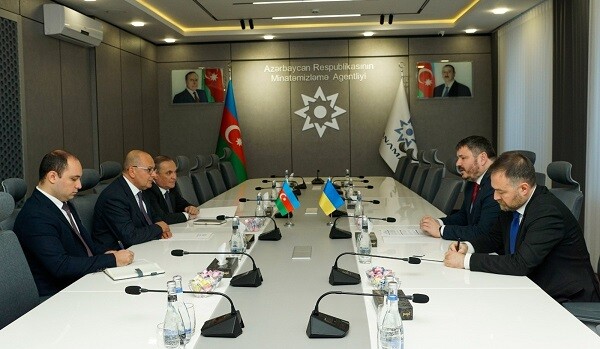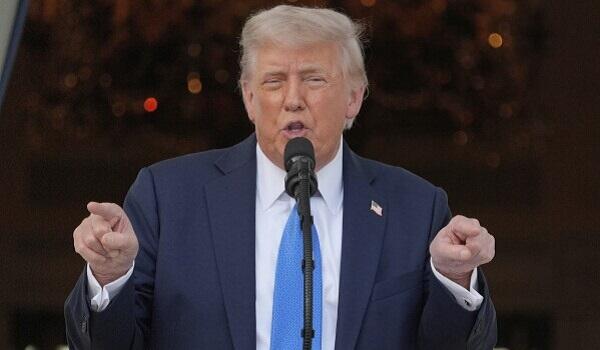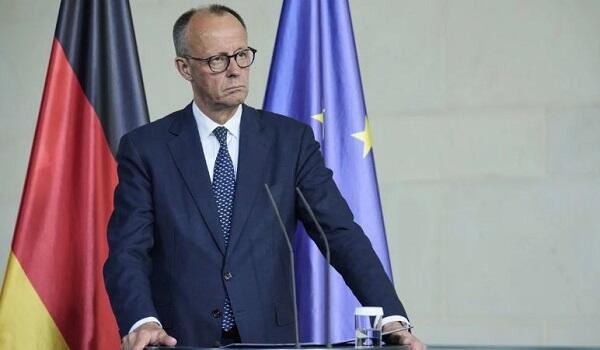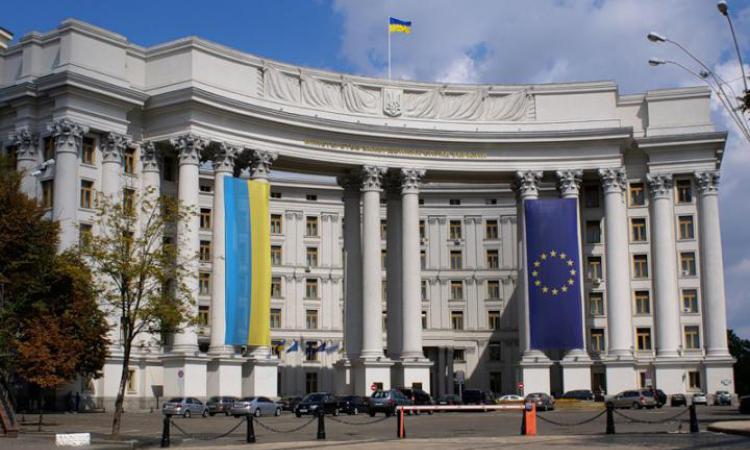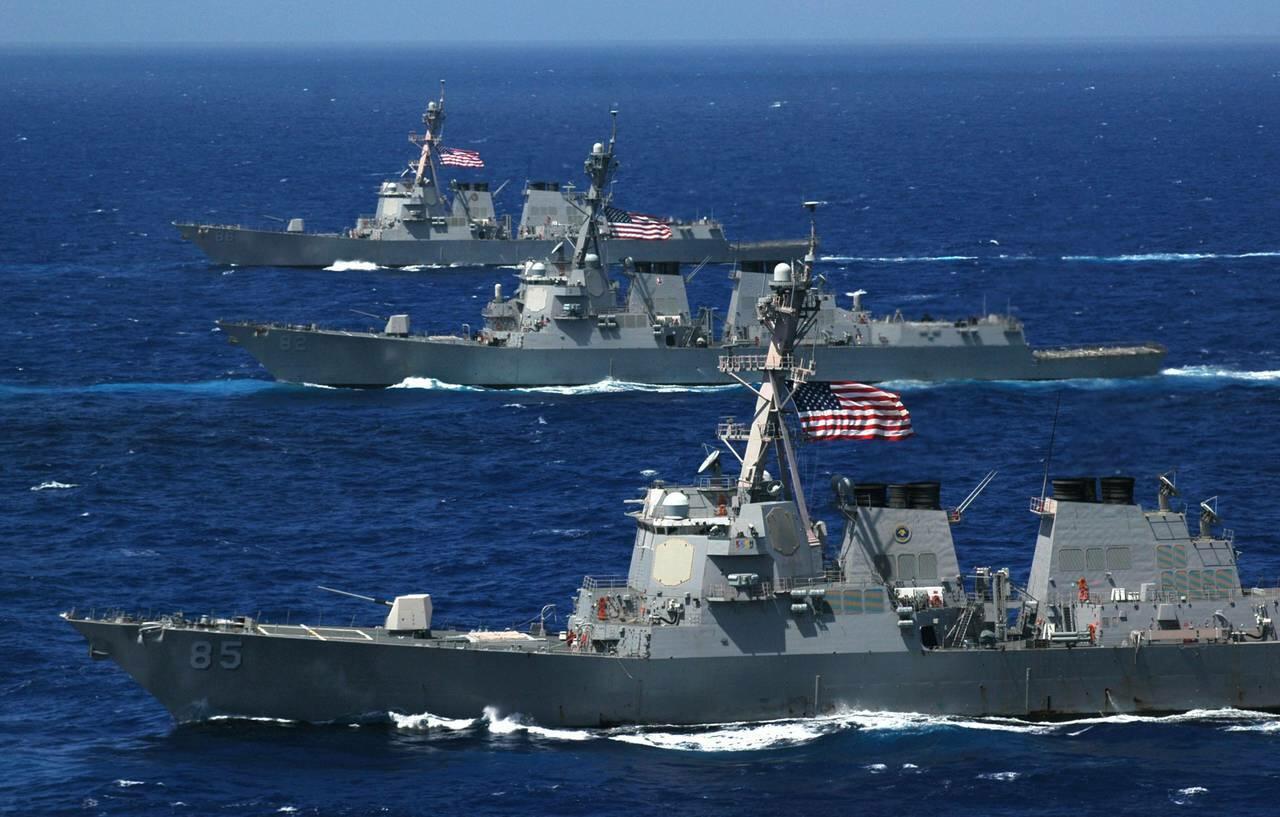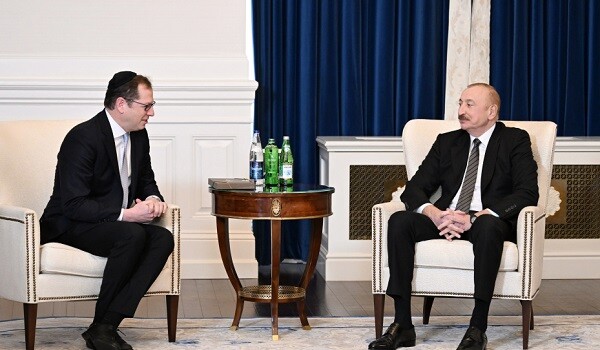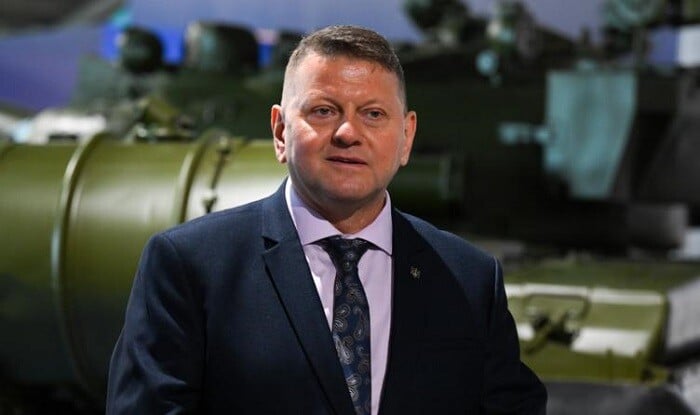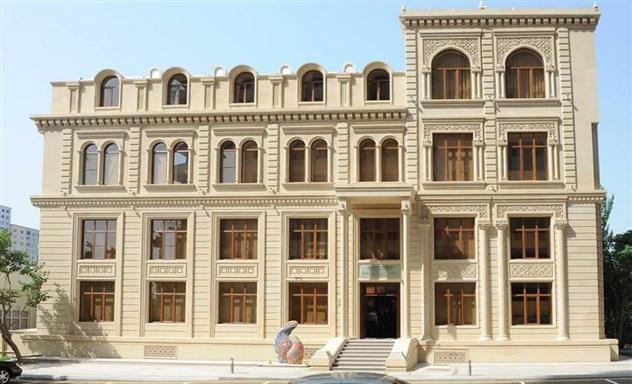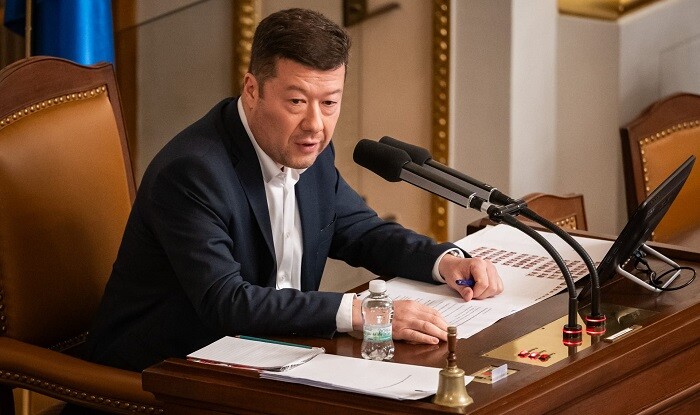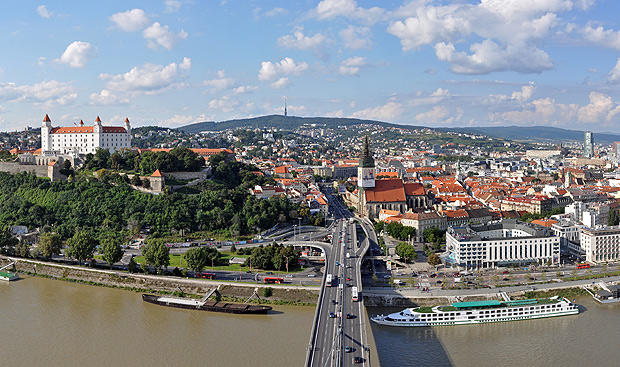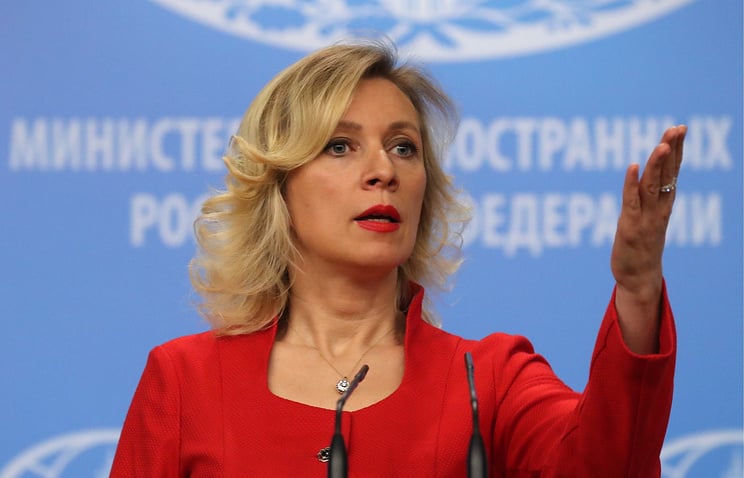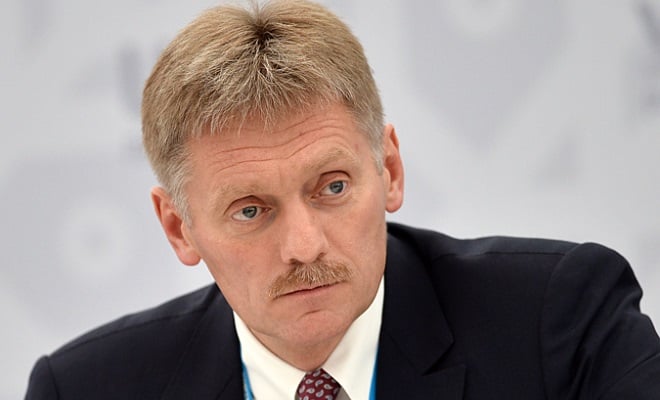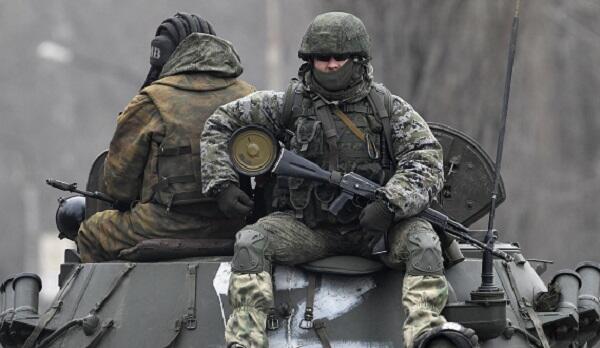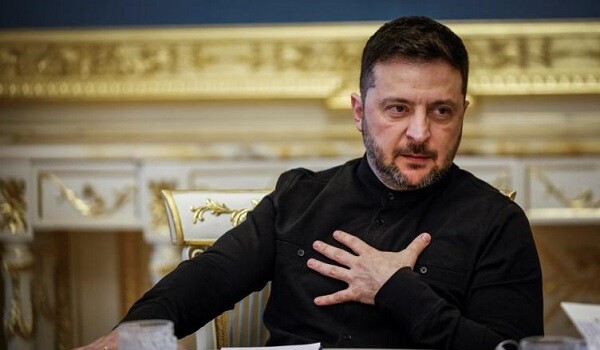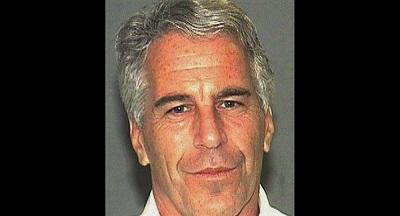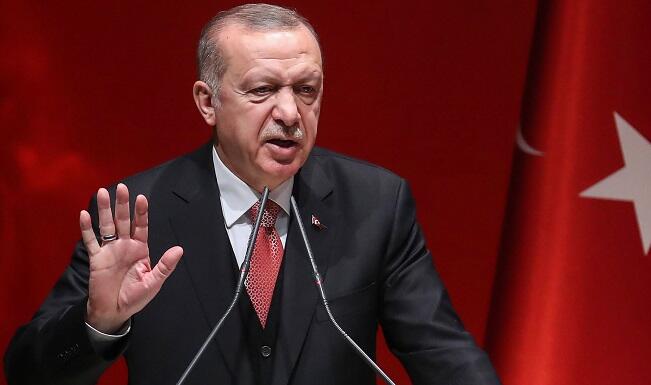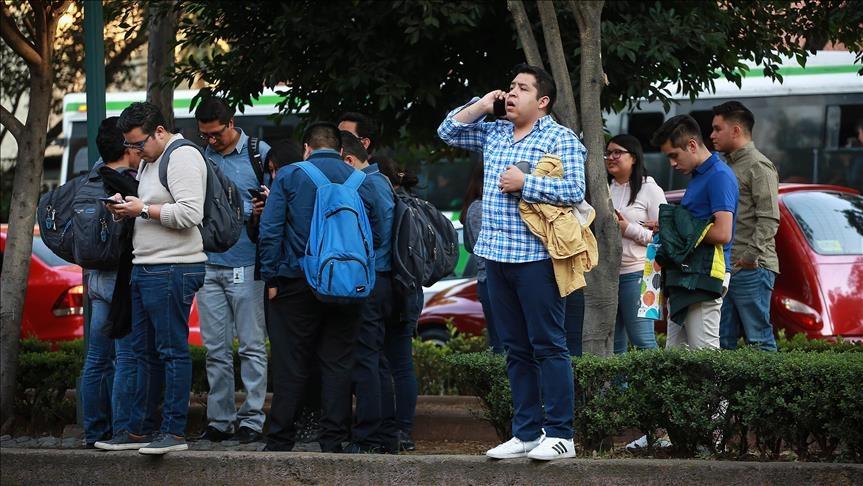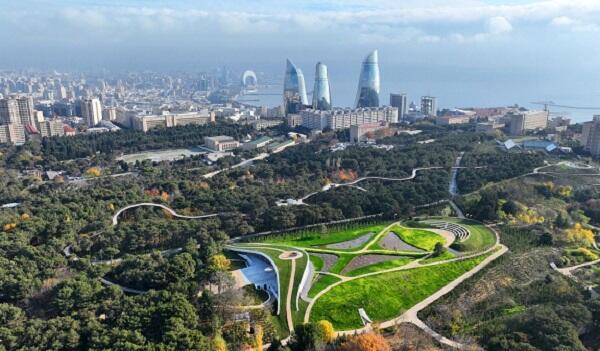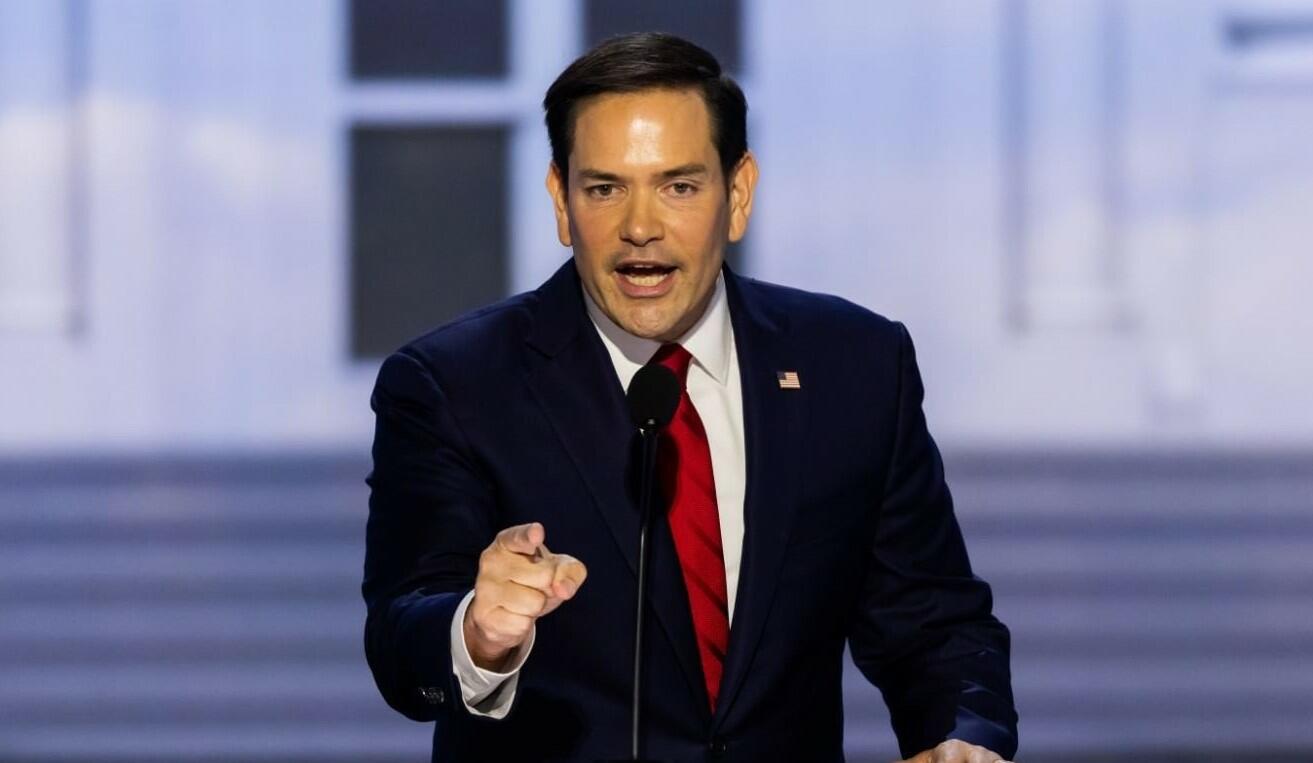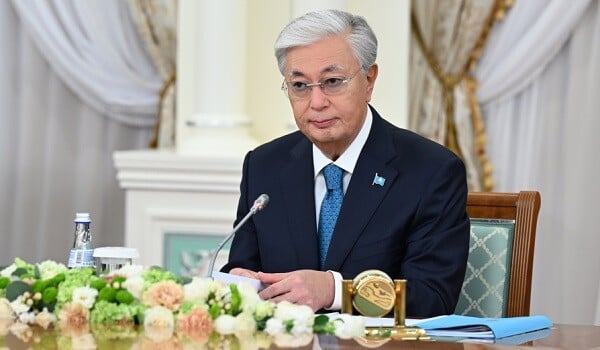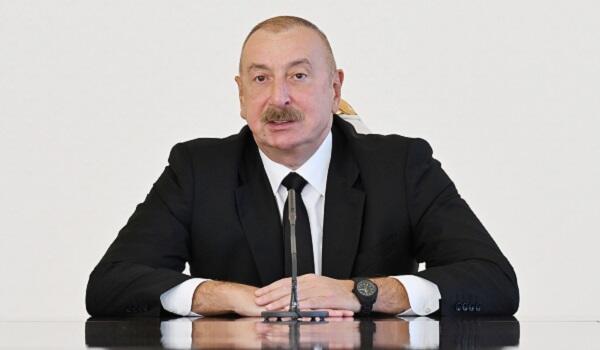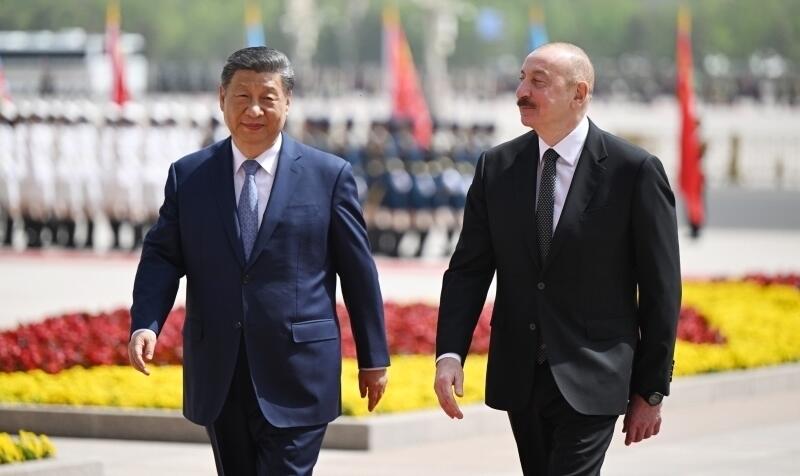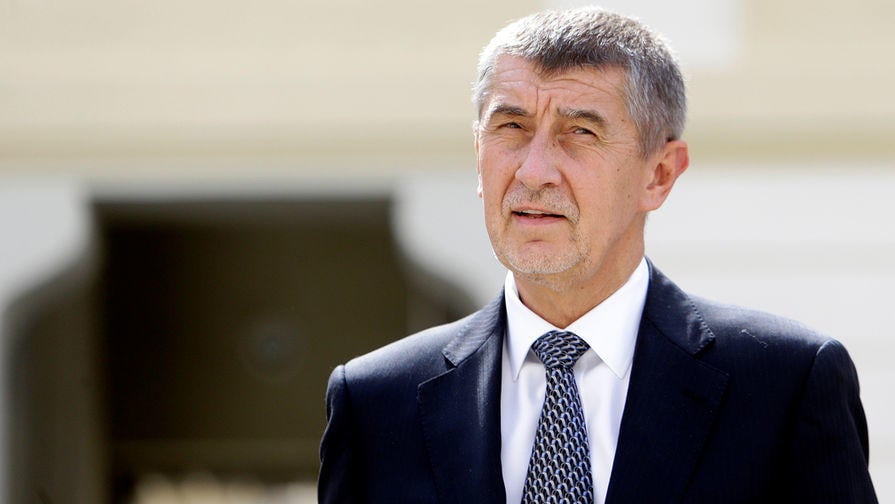Axar.az presents the article "The Zangazur corridor rights a historical wrong" by Andrew Korybko.
Azerbaijan President Aliyev's comments during last week's Turkic Council meeting confirm that one of the region's worst historical wrongs is being righted. The South Caucasus leader said that “the decision to separate Zangazur from Azerbaijan and annex it to Armenia led to a geographical divide of the Turkic world. If we look at the map, it looks as if a dagger was stuck in our body and the Turkic world was divided.” That regrettable state of regional affairs is now being corrected as a result of last year's Russian-mediated ceasefire agreement between Azerbaijan and Armenia which unlocks the Zangazur Corridor's connectivity potential.
The Soviet Union infamously pursued a divide-and-rule policy for managing its peripheral non-Russian regions, which in the relevant South Caucasus context saw Zangazur annexed to Armenia despite historically being Azerbaijani land. Post-independence Azerbaijan recognized its internal Soviet-era frontiers as its international borders, but Baku always believed that it would have been best for everyone had Yerevan not obstructed regional integration through its ethnic cleansing of Azeris in Armenia and Karabakh. If that hadn't happened, then the South Caucasus could have already been integrated, and all of its people would have benefited.
Nevertheless, that historical wrong is now being corrected as a result of all three countries' agreement to unlock the Zangazur Corridor. Azerbaijani refugees might not be able to return there anytime soon, but at least they and their compatriots can take advantage of their land historical land to improve everyone's living standards with time. This vision lies at the core of President Aliyev's six-nation regional integration platform proposal. The Azerbaijani leader believes that the historical moment has arrived for the greater region to finally come together as one for the betterment of its citizens.
This could only have become a realistic scenario following Karabakh's liberation and the unlocking of the Zangazur Corridor, both of which he deserves credit for together with Russian President Putin who helped mediate the ceasefire agreement that made both of them possible. President Aliyev's six-nation regional integration platform proposal also perfectly aligns with President Putin's Greater Eurasian Partnership vision. These two initiatives are complementary and mutually reinforcing. When combined, they advance integration between the former Soviet space and the West Asian nations of Iran and Turkey.
Regional geopolitics has considerably changed over the past century since the days when Moscow divided and ruled the South Caucasus for ideological reasons. Russia no longer exports communism throughout the world, nor does it have any current problems with its historic rivals in Iran (then known as Persia) and Turkey (formerly the Ottoman Empire). This new state of affairs is entirely attributable to President Putin's visionary ambitions to turn Russia into the supreme “balancing” force in Eurasia, to which end his country impressively turned the page on its complicated historical relations with its West Asian and other neighbours.
Faced with increasing pressure along its Western Eurasian periphery in Europe while simultaneously fearing the speculative scenario of disproportionate dependence on East Asia in response, Russia recently charted a middle ground between the two by focusing more on its southern Muslim-majority periphery in what can be described as Moscow's “Ummah Pivot”. This has seen the Eurasian Great Power comprehensively expand its relations with Azerbaijan, Iran, Pakistan, Saudi Arabia, and the UAE, thereby helping it “balance” between all the relevant countries in Eurasia when considering its existing partnerships elsewhere in the supercontinent.
The Zangazur Corridor is the next logical step in Russia's “Ummah Pivot”, hence why President Putin agreed to include it in last November's Russian-mediated ceasefire upon President Aliyev's request. This initiative is mutually beneficial for all relevant stakeholders, including Armenia, which will profit from facilitating regional trade and therefore have greater capabilities of improving its people's living standards if this increased revenue is responsibly managed. It also importantly rights the historical wrong from a century ago by reconnecting the Turkic world and therefore accelerating irreversible Eurasian integration processes.


